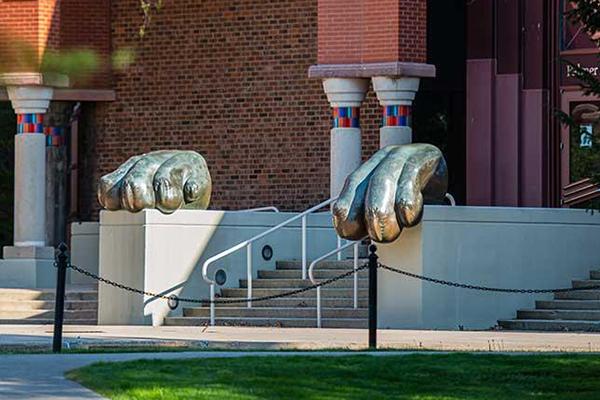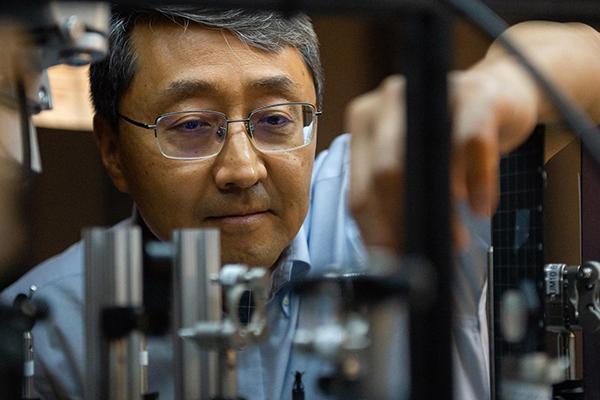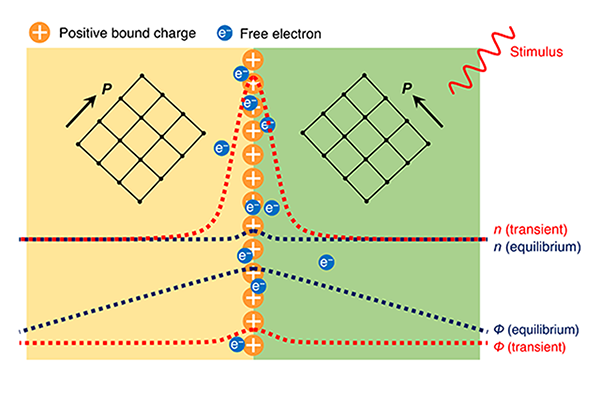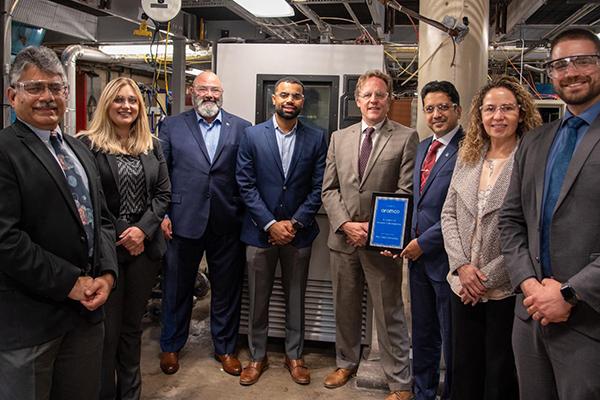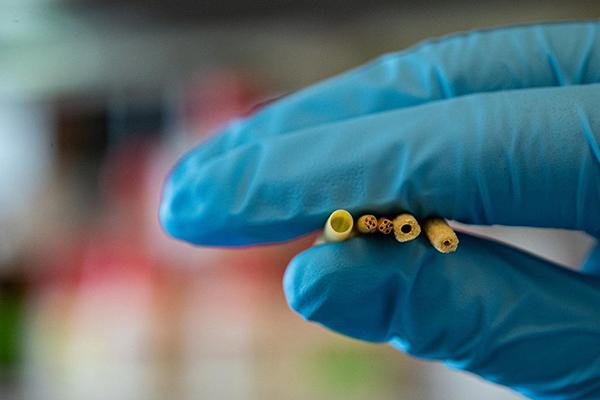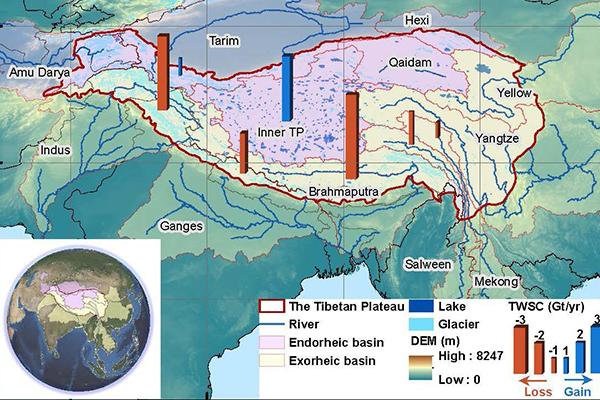Did you know that there are dozens of museums and collections across the University Park campus? Millions of specimens, including fish, birds and insects, historic objects, and cultural artifacts including paintings, sculptures, scientific and musical instruments, and more, are waiting at almost every turn.
Seong Kim, Distinguished Professor in Chemical Engineering and associate head of the department at Penn State, was named this year’s recipient of the Hayashi Jisuke Prize from the Cellulose Society of Japan.
Mark Ortiz, President’s Postdoctoral Fellow in the Department of Geography at Penn State, will discuss the work of transnational youth movements across the physical and digital spheres and the movements’ distinct visions of climate justice at 3:30 p.m. on Friday, Sept. 9 in 112 Walker Building and via Zoom.
An interdisciplinary team from Penn State has been awarded $2.3M from the National Institutes of Health and the National Science Foundation’s joint Ecology and Evolution of Infectious Disease (EEID) program to evaluate the vulnerability of certain populations to disease outbreaks, with the goal of improving outbreak response and preventing future outbreaks.
At first glance, Haley Sankey doesn’t seem a likely candidate for the Pennsylvania Game Commission’s appointed board of commissioners.
A newly developed model may serve as a bridge between quantum mechanical calculations at the atomic scale and devices that could enable next-generation quantum technologies, according to a team of Penn State researchers.
A recent gift of a Thermotron humidity chamber from energy company Aramco Americas will support numerous research projects in the College of Earth and Mineral Sciences (EMS).
To maximize healing for the easily damaged nerves, Penn State researchers are using a five-year, $2.14 million grant from the National Institutes of Health’s National Institute of Neurological Disorders and Stroke to develop a biodegradable nerve scaffold that aims to employ folate and citrate in novel ways.
Alumnus Jay Johnson’s latest folk-rock-indie album, “Four Quartets,” touches on travel, philosophy, love and the natural world — essential components of the Paterno Fellow and Schreyer Scholar’s undergraduate education at Penn State.
New research led by scientists at Penn State, Tsinghua University and the University of Texas at Austin projects that climate change, under a scenario of weak climate policy, will cause irreversible declines in freshwater storage in the Tibetan Plateau, constituting a serious threat to the water supply for central Asia, Afghanistan, Northern India, Kashmir and Pakistan by the middle of the century.


